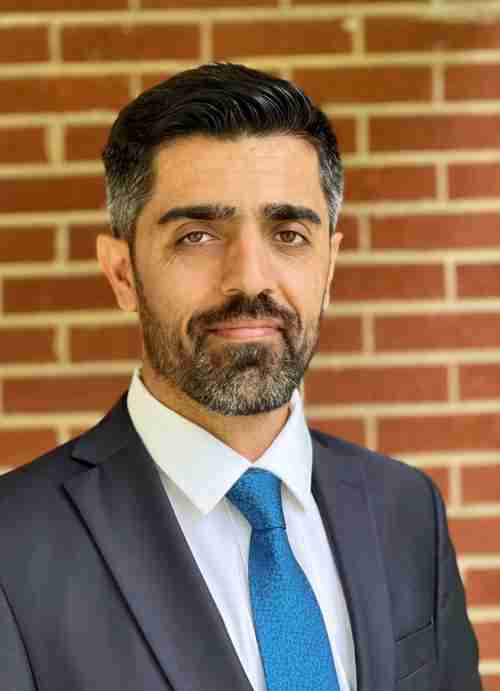On the sixth episode of The New Region’s GeoSpace series on X, host Mohammed A. Salih and Kurdish journalist and researcher from Syria Sirwan Kajjo explored the status of Kurds in Syria under Bashar al-Assad and discussed the obstacles facing the Kurds under the new Damascus administration.
The episode kicked off with Kajjo sharing an account of his personal experiences in Syria under the rule of Assad’s regime. His experiences, he noted, were “similar” to millions of other contemporary Kurds and those who came before them. “Kurds were heavily marginalized from political life, from public life in general. Their culture and language were suppressed,” Kajjo said, adding that the Kurds’ “very identity” was banned.
Kajjo asserted that “the Kurdish question is much bigger than what is happening right now. Talking about the local dynamics or the regional dynamics,” such as the Syrian Democratic Forces (SDF) or Kurdish forces in general, and “their relationship vis-à-vis Damascus, now and during the Assad era,” adding that it is a matter of basic human rights, that have been enshrined in the UN’s charters, “like the right to speak your mother’s tongue,” of which the Kurds have been “historically deprived.”
Assad’s regime was toppled in December 2024 in a swift rebel offensive that was spearheaded by Hayat Tahrir al-Sham (HTS) after over ten years of civil war. Following the capture of Damascus and Assad’s ouster, HTS leader Ahmad al-Sharaa took charge and was installed as the country’s president, with the HTS dissolving itself and merging into Syria’s defense institution. The Kurds control around a quarter of Syrian territory in the northeast and run an autonomous administration, with the SDF acting as their de-facto army.
The researcher noted that the Kurds have historically been open to holding talks with Damascus authorities, regardless of who has been in charge, adding that the Kurds have always had a mindset of “preferring negotiation and dialogue over violence.”
The Kurdish administration on Wednesday named a nine-member delegation set to go to Damascus and present a unified Kurdish position in talks with the Syrian government. Syria’s Kurdish factions have attempted to unite their voices in demanding a “decentralized” Syrian state in recent months after the ouster of Assad.
Kajjo said that he is not as optimistic as he was a few months ago about “a path for a peaceful resolution for the Kurdish question in Syria,” citing a vivid discrepancy in the vision that the Kurds have established over the last decade for the future of Syria, with “what the new rulers in Damascus really want Syria to see in the future,” adding that the differences in their visions might prove a “very very bumpy road for the Kurds over the next weeks, months, or even years.”

 Facebook
Facebook
 LinkedIn
LinkedIn
 Telegram
Telegram
 X
X
